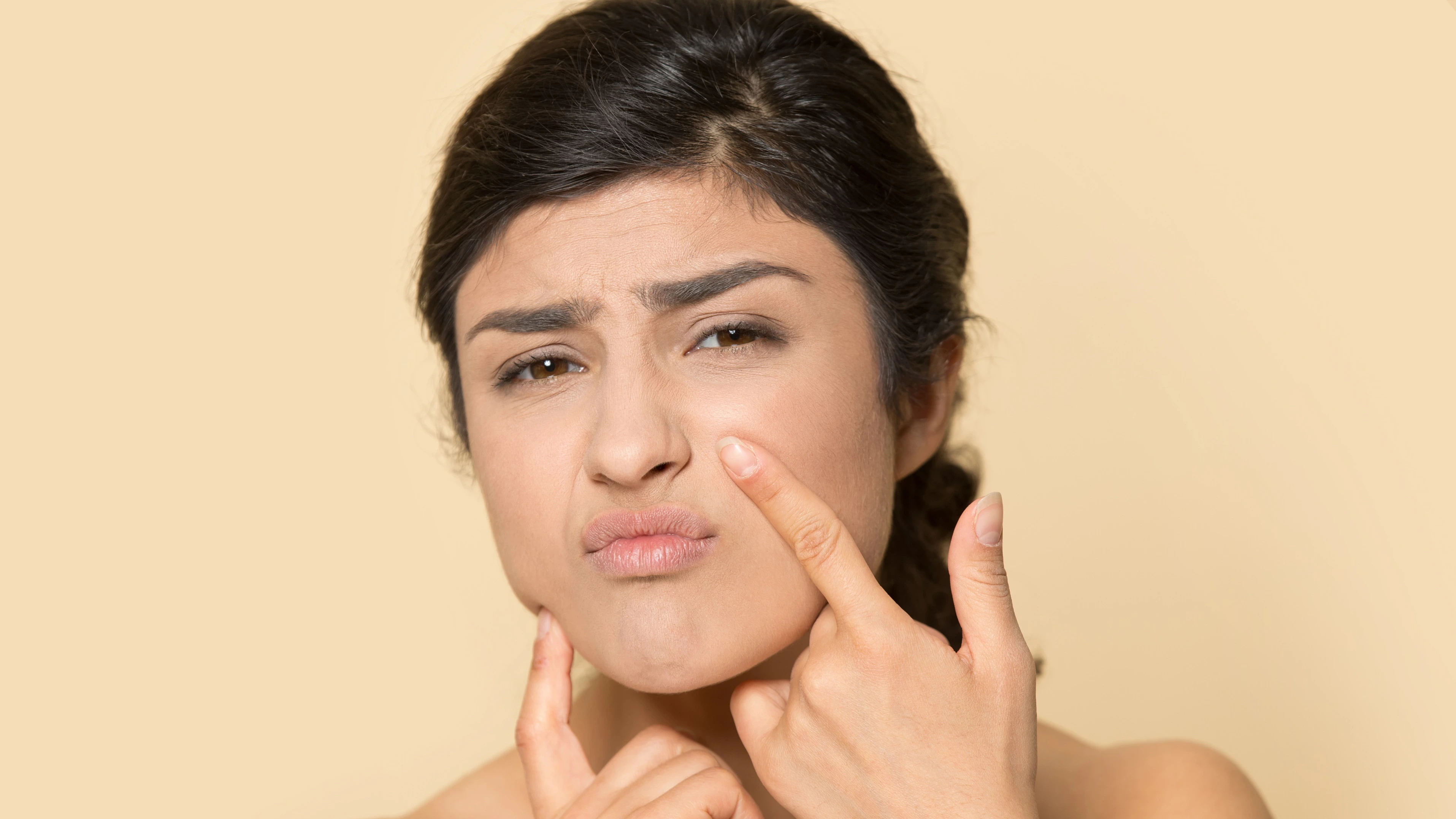From Acne to Anti-Aging: How Retinol Serum Transforms Your Skin

EXTRA 5% OFF ON PREPAID

Skincare has always been a priority for women of all ages. The desire for healthy, youthful skin is universal, and we are constantly on the lookout for products that can help us achieve that goal. One such powerful ingredient that has gained immense popularity in recent years is retinol serum. In this tutorial, we will explore the benefits of retinol for various skin concerns, including acne and anti-aging, and learn how to incorporate it into our skincare routine for maximum effectiveness.
Retinol is a derivative of vitamin A and has been used in skincare for decades. It was first discovered in the 1930s and has since become a staple ingredient in many skincare products. Retinol works by stimulating the production of collagen, a protein that is essential for maintaining the elasticity and firmness of our skin. It also helps to increase cell turnover, which leads to a smoother and more even complexion.
The benefits of retinol for the skin are numerous. Firstly, it helps to unclog pores and reduce acne breakouts. By increasing cell turnover, retinol prevents the build-up of dead skin cells, which can clog pores and lead to breakouts. It also helps to regulate oil production, reducing the chances of developing acne.
Retinol is also highly effective in treating signs of aging. It helps to improve skin texture, reduce the appearance of wrinkles, and promote collagen production. Regular use of retinol can result in a more youthful and radiant complexion.
Retinol is available in various forms, including creams, serums, and oils. The effectiveness of these different forms depends on their concentration and the other ingredients they are combined with. Generally, serums and oils tend to have a higher concentration of retinol and are more potent. However, creams can be a good option for those with sensitive skin, as they often contain additional moisturizing ingredients to counteract the potential drying effects of retinol.
Retinol is a highly effective treatment for acne. It works by unclogging pores and reducing inflammation, which are the main causes of acne breakouts. Retinol also helps to regulate oil production, preventing the skin from becoming too oily and reducing the chances of developing acne.
When incorporating retinol into an acne skincare routine, it is important to start with a low concentration and gradually increase it over time. This allows the skin to adjust to the ingredient and minimizes the risk of irritation. It is also important to use sunscreen during the day, as retinol can make the skin more sensitive to the sun.
Retinol is often referred to as the gold standard in anti-aging skincare. It helps to improve skin texture, reduce the appearance of wrinkles, and promote collagen production. Regular use of retinol can result in a smoother, firmer, and more youthful complexion.
When using retinol for anti-aging purposes, it is important to start with a low concentration and gradually increase it over time. This allows the skin to adjust to the ingredient and minimizes the risk of irritation. It is also important to use sunscreen during the day, as retinol can make the skin more sensitive to the sun.
Contrary to popular belief, retinol can actually benefit dry skin. It helps to promote hydration and improve the skin’s barrier function, preventing moisture loss. However, it is important to choose a retinol serum that is specifically formulated for dry skin and contains additional hydrating ingredients, such as hyaluronic acid or ceramides.
When using retinol for dry skin, it is important to start with a low concentration and gradually increase it over time. This allows the skin to adjust to the ingredient and minimizes the risk of irritation. It is also important to use a moisturizer after applying retinol to further hydrate the skin.
Retinol serum is a powerful skincare ingredient that can transform your skin from acne-prone to anti-aging. Its ability to unclog pores, reduce acne breakouts, improve skin texture, reduce wrinkles, and promote collagen production makes it a must-have in any skincare routine. By choosing the right retinol serum for your skin type and concerns, and incorporating it into your skincare routine correctly, you can achieve healthier, more youthful skin. So why wait? Give retinol a try and unlock the potential of your skin today.